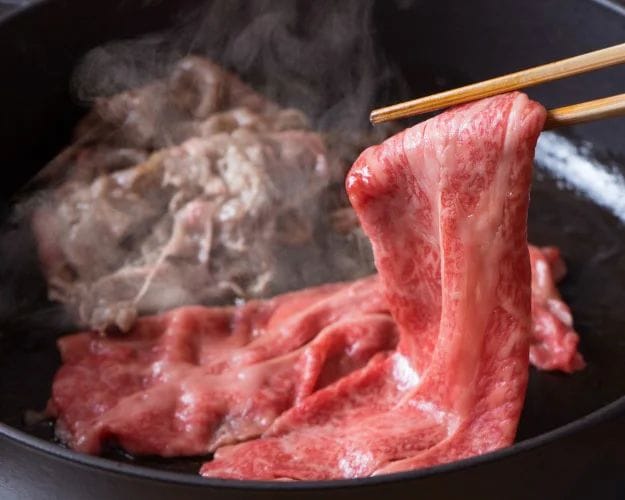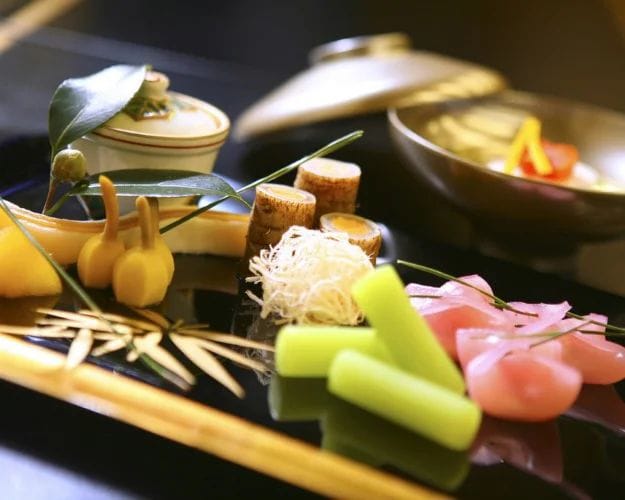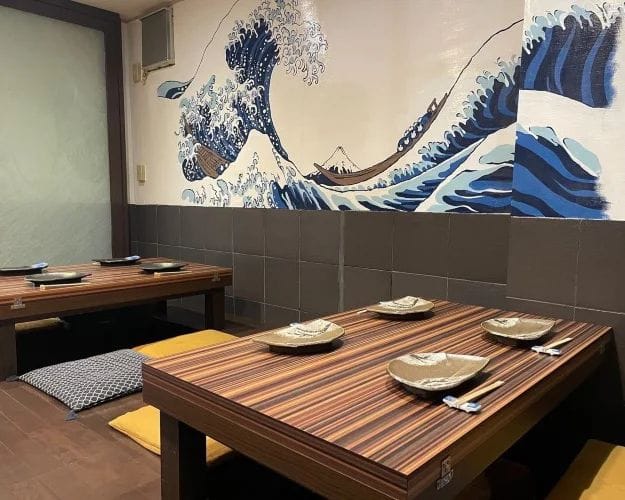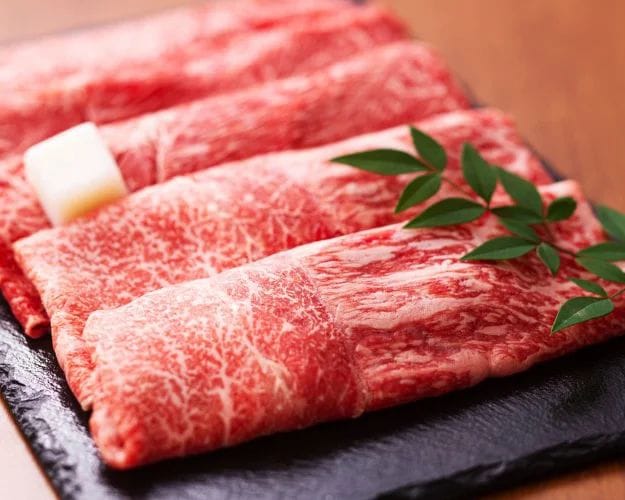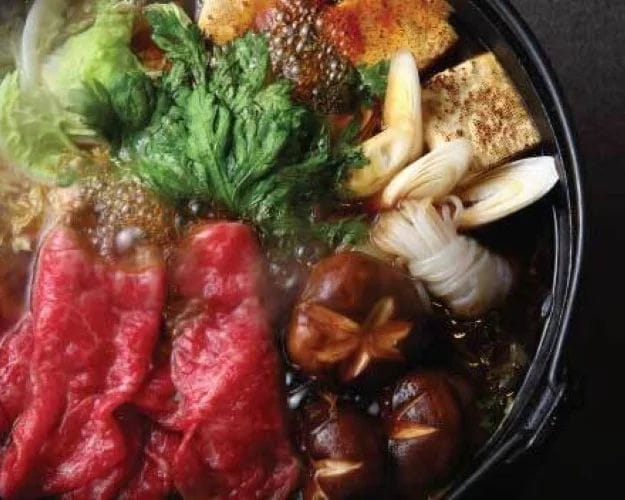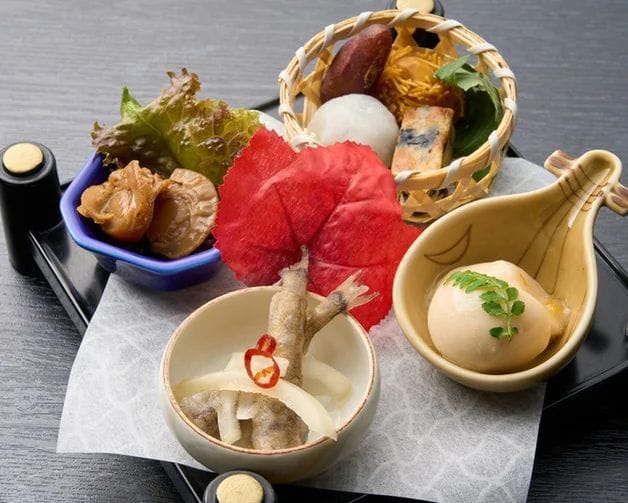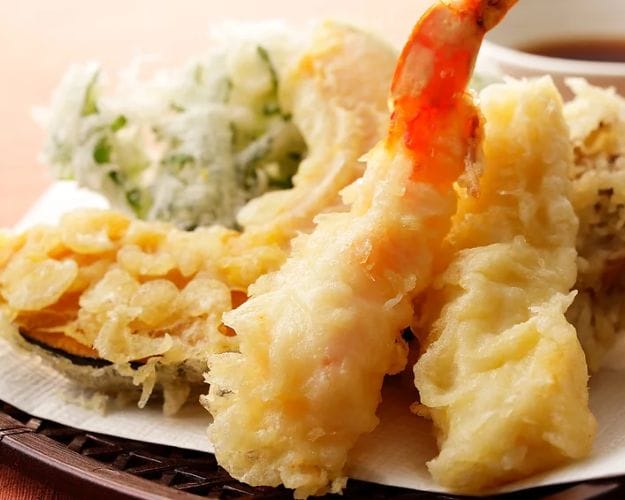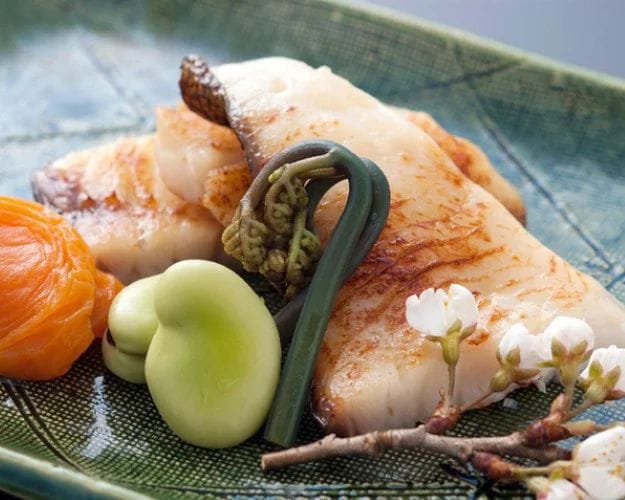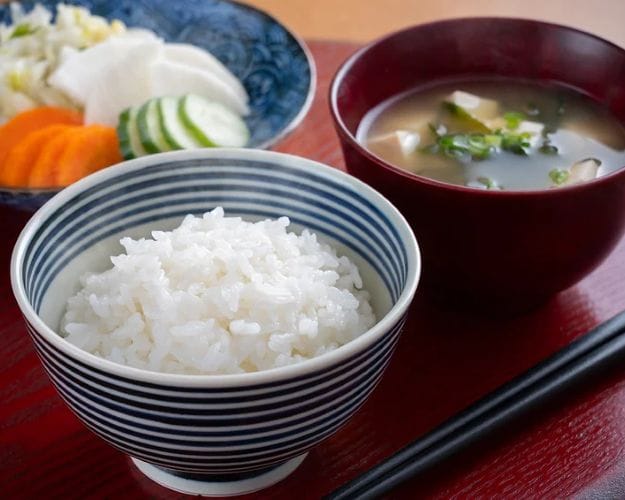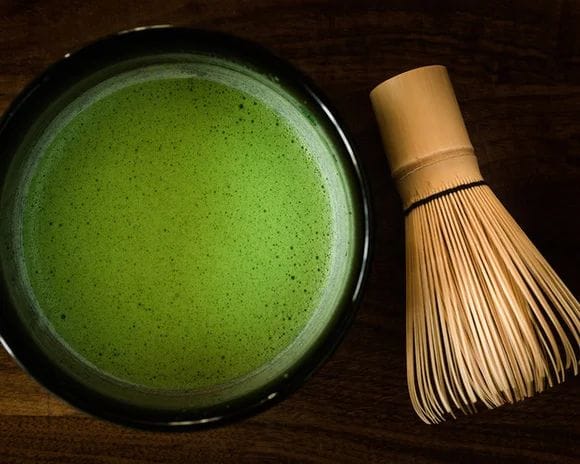Halal Sukiyaki Restaurant Diyafa
Halal diners rejoice. Chef Osagawa Hideki offers Muslim visitors the full sukiyaki experience, even including a cup of traditional matcha at the end.
Halal Sukiyaki Restaurant Diyafa was born out of a single conversation. Chef Osagawa Hideki was chatting to a friend, when the conversation turned to his friend showing Muslim visitors around Japan, and the difficulties of finding halal food — even in a city as metropolitan as Tokyo. It was only at that point that he realized to what extent Japanese food used ingredients considered haram, such as sake and mirin.
“I thought it was such a shame, that people would come all the way to Japan, but not be able to experience an entire aspect of Japanese culture,” he recalls.
So troubled by this was Chef Osagawa that he shuttered the traditional Japanese restaurant that he was running, and made it his mission to make Japanese food accessible to Muslim visitors. Sushi and yakiniku were some of the most common halal alternatives available, he reasoned, so he decided to try and explore an entirely different side of Japanese cuisine, one that is just as deeply rooted in Japanese culinary culture: sukiyaki.
Make no mistake: Chef Osagawa is determined to give his clientele the best possible sukiyaki experience — just because it’s halal doesn’t mean it sacrifices any of the dish’s inherent deliciousness.
For one, the wagyu at the restaurant is all Shiretoko wagyu beef, a relatively new brand making waves in the wagyu scene for its exquisite, mouth-melting marbling. All Shiretoko wagyu cattle are fed on a one-of-a-kind Hokkaido-grown grain diet, and watered with pure Ginrei-sui spring water from Abashiri in northeastern Hokkaido.
Each Shiretoko cow is constantly monitored year-round by the ranchers to ensure they are constantly in top condition. To qualify for sale, they must be fattened for at least 14 months and achieve a meat quality grade of 3 and above.
The vegetables, meanwhile, are somewhat closer to home, sourced directly from a close friend of Chef Osagawa who runs a farm in Ami, Ibaraki Prefecture.
To round off the experience, Chef Osagawa also presents his guests with freshly whisked matcha at the end of the meal, truly embodying the spirit of diyafa — hospitality.


